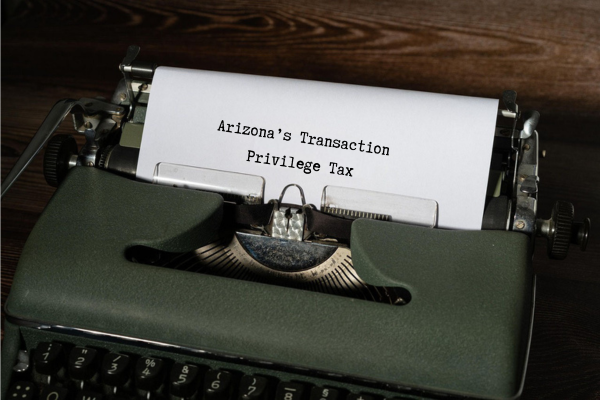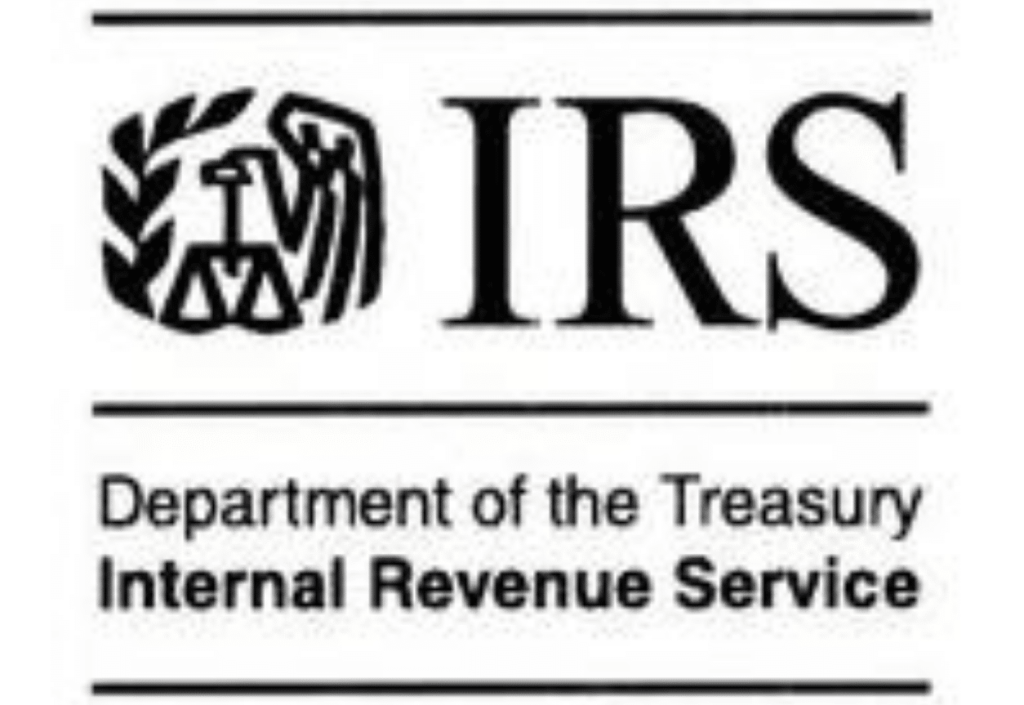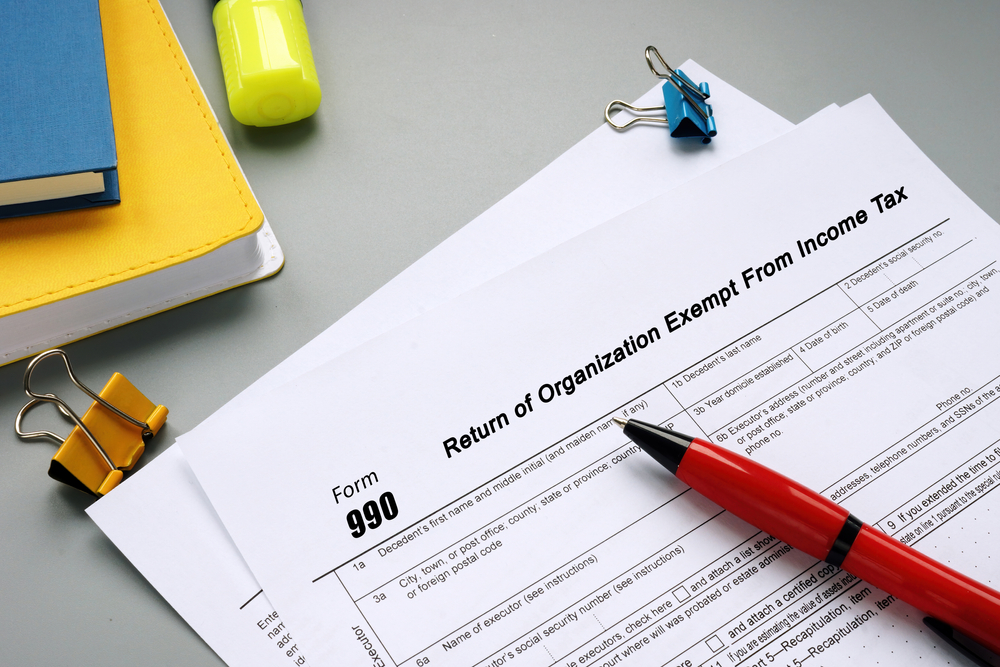
E-mail Responses to Unanimous Written Consents, Legal At Last!
Under this definition of an electronic signature, responding yes or no in response to a question regarding whether a measure is approved suffices as an electronic signature for purposes of a unanimous written consent. This change makes it much easier to obtain approval of resolutions particularly with regard to time sensitive matters.









